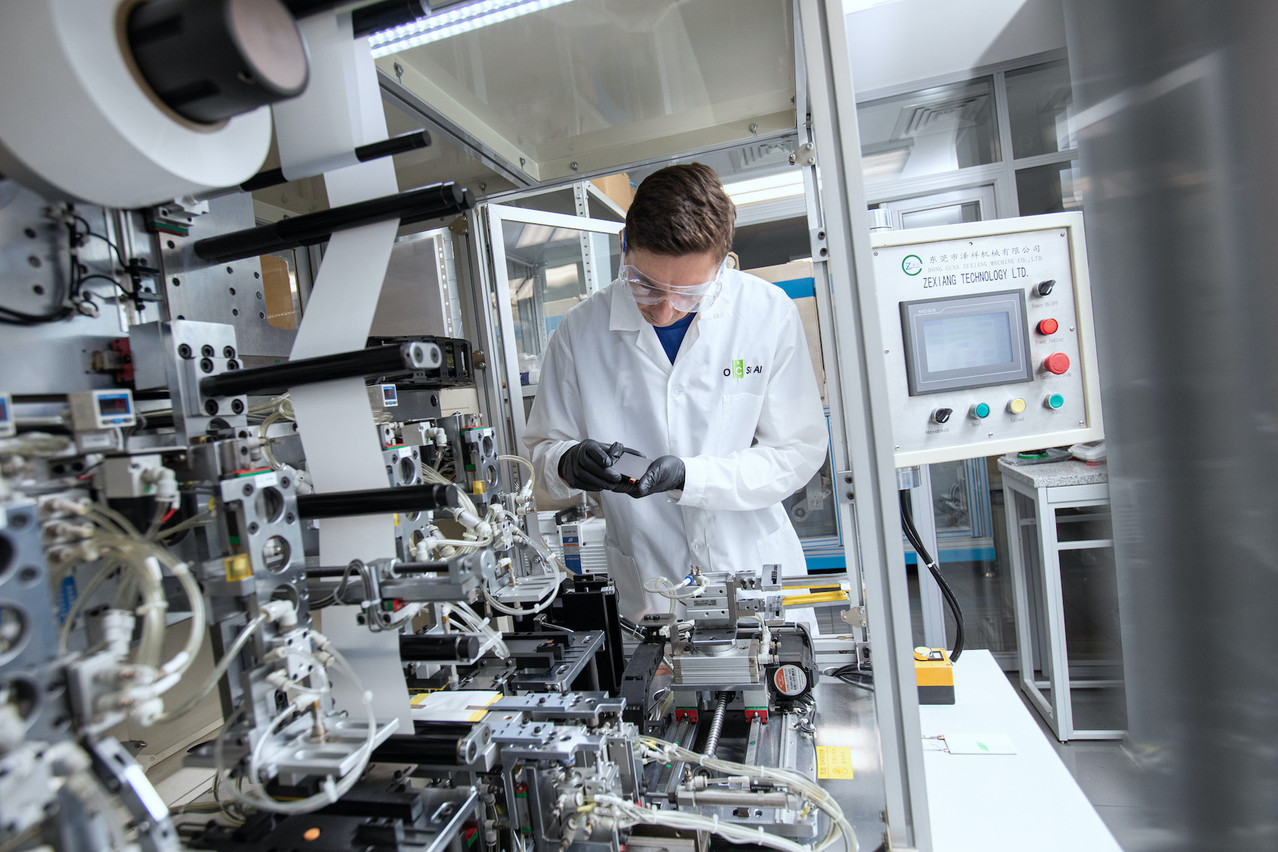"Our state-of-the-art graphene nanotube facility in Luxembourg will be positioned close to more than 20 gigafactories in Europe, many of which are already our partners. Its strategic location between Belgium, France and Germany will allow us to reduce logistics costs and work closely with major car manufacturers, leading chemical producers and tyre manufacturers across Europe," said Ocsial CEO Konstantin Notman. "With the new facility, we will be able to provide these industries with state-of-the-art materials for the next generation of electric vehicle components."
Graphene, combined with other materials enables the automotive sector to design 'smart' lightweight bodies, safe and energy-efficient tyres, and long-lasting high-performance batteries for electric vehicles, for example. In 2021, 6.5 million electric vehicles were sold worldwide. The Differdange plant, which is expected to start production in 2025, could produce nanotubes for 10 million batteries.
Up to 300 people in Differdange
Batteries with Ocsial's nanotubes are already being mass-produced by a number of major lithium-ion battery manufacturers, a press release stated. Two of the world's five largest tyre manufacturers are at an advanced stage of research and development with Ocsial's nanotubes, and seven of the world's ten largest coating producers are conducting advanced industrial trials.
The plant requires a $300 million investment and will recruit up to 300 graphene experts. It will be coupled with a research centre.
Based in Luxembourg, the company already has more than 450 employees worldwide, including in the US, Europe, China, Russia, India, Japan and South Korea. Current annual production capacity is 90 tonnes, which represents 97% of the world's graphene nanotube production capacity.
This story was first published in French on . It has been translated and edited for Delano.
